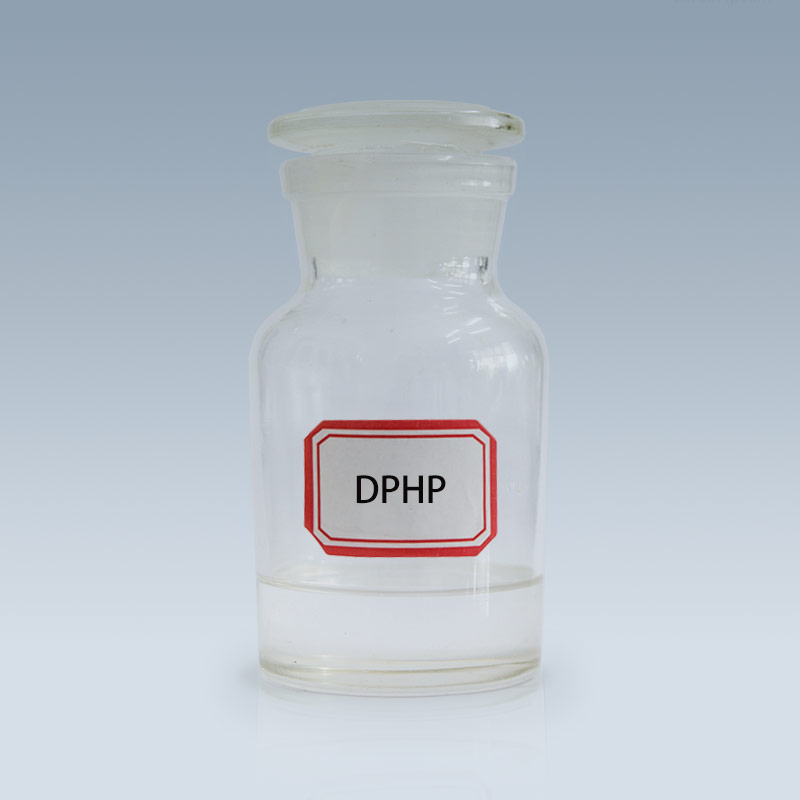Diisodecyl Phthalate (DIDP) is a high molecular weight phthalate ester commonly used as a plasticizer in various industrial and commercial applications. As a member of the phthalate family, DIDP plays a crucial role in enhancing the flexibility, durability, and performance of plastics and polymers, especially in environments demanding long-lasting material stability.
What is Diisodecyl Phthalate?
DIDP, or diisodecyl phthalate, is a colorless, odorless, oily liquid primarily used to soften polyvinyl chloride (PVC) and other plastic compounds. As a high-performance plasticizer, DIDP improves the flexibility and workability of plastics without compromising structural integrity. The substance belongs to a group of chemicals known as phthalates, which are used extensively across numerous industries.
Its chemical stability and resistance to extraction by water or oils make DIDP ideal for long-term outdoor and industrial use. Unlike some low molecular weight phthalates, DIDP offers lower volatility, lower migration, and excellent aging resistance, making it highly suitable for demanding applications.
Common Applications of Diisodecyl Phthalate
Diisodecyl phthalate is widely used in the production of flexible PVC materials, especially where high durability is needed. Applications include:
Wires and cables: DIDP enhances heat resistance and flexibility in electrical insulation.
Automotive interiors: As a diisodecyl ester, it helps create durable, weather-resistant dashboards and door panels.
Roofing membranes and flooring: Its stability makes it ideal for harsh environmental conditions.
Synthetic leather and coated fabrics: It provides the required softness without reducing lifespan.
Thanks to its non-volatile nature, DIDP is frequently used in areas exposed to high temperatures or UV light.

Environmental and Safety Considerations
DIDP is subject to ongoing regulatory review in many regions due to concerns related to phthalate exposure. However, multiple scientific evaluations—including those by the European Chemicals Agency (ECHA) and the U.S. Environmental Protection Agency (EPA)—have found that when used as intended, diisodecyl phthalate does not pose significant risks to human health.
In terms of environmental safety, DIDP exhibits low water solubility and a strong affinity for organic matter, reducing its mobility in the environment.
Advantages of Diisodecyl Phthalate
High temperature resistance – Ideal for applications involving heat exposure.
Low volatility – Reduces evaporation and product degradation.
Excellent compatibility – Easily blends with PVC and other polymers.
Long-term performance – Enhances the durability and lifespan of finished goods.



 English
English 中文简体
中文简体







